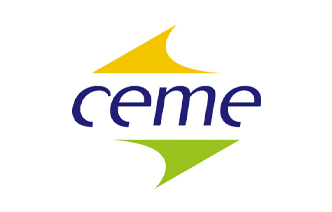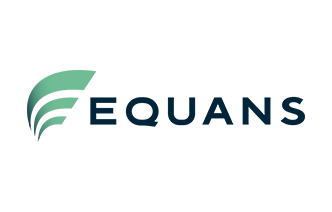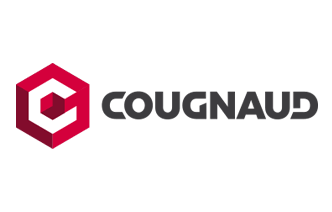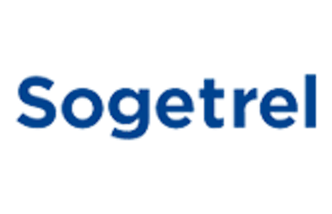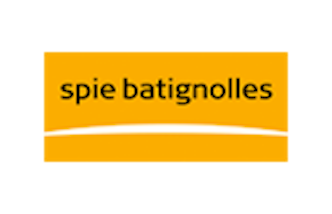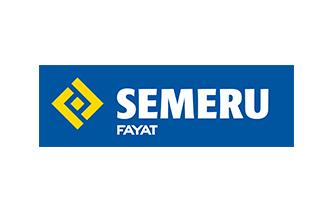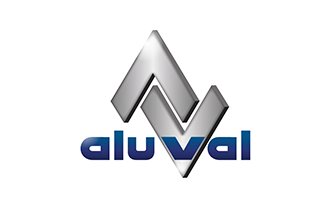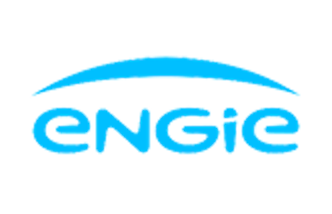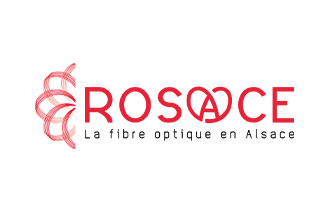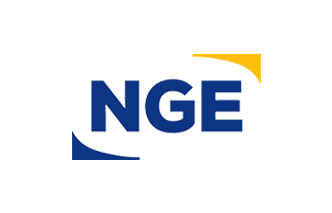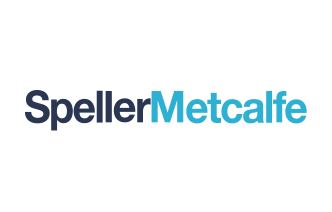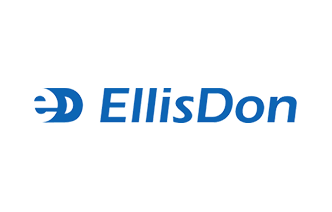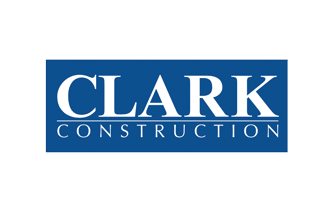At Fieldwire, we’re constantly asked, “What’s the difference between Field Management and Project Management Software? Sounds like the same thing to me.” In all honesty, a lot of the software out there is the same, just with a different coat of paint. However, for us at Fieldwire, it’s the difference between cutting into a medium-rare ribeye with a Swiss Army knife versus a steak knife. You can cut into a steak with both, but one was made for the job.
If you’ve been in construction long enough, you’ve come across your fair share of software solutions. Some solutions work better than others depending on the job, and some are just terrible. As a specialty contractor, you’ve probably worked with a general contractor who strong-armed you to use their software. This software is typically referred to as “project management software.” You likely realized that the GC’s software was designed primarily for their office teams and not your field team.
Project management software is designed to give a GC’s office a central place for project information, helping them share and receive key documents from multiple subcontractor offices. This software is also helpful for coordinating scheduling between the GC and subcontractors. For a company whose job is focused on coordinating subcontractors, project management software is a good solution to manage the various parties involved, but what’s in it for you? While project management software is great for office teams to share information with external project stakeholders, it’s clear that the needs of your field teams are an afterthought, if considered at all.

